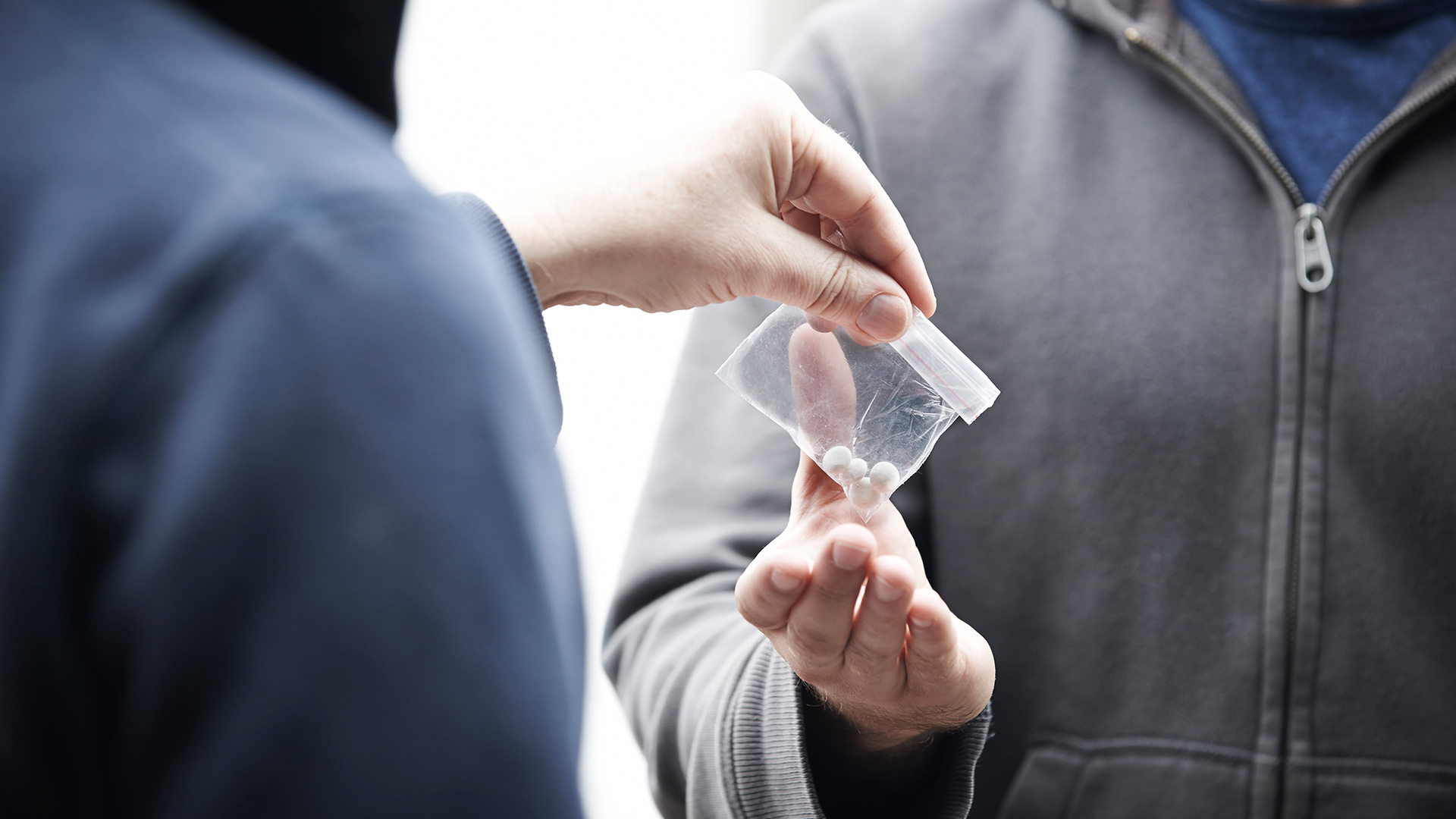
Washington state could soon become the second state in the country to decriminalize possession of drugs if lawmakers reject a proposed drug policy bill for a second time.
The bill, which was voted down, 55–43, in April, would have kept criminal penalties in place for possession of drugs like fentanyl, while also incentivizing drug addiction treatment and offering access to rehab programs.
Under the bill, possession would have been classed as a misdemeanor punishable by up to one year in jail and eliminated a requirement that police refer an individual to evaluation or treatment for their first two offenses.
The bill also included funding for drug crisis centers and boosted access to withdrawal medication in jails and prisons.
In response to the bill’s shutdown, Governor Jay Inslee called a special legislative session for May 16 to give legislators a second chance to approve it.
“Cities and counties are eager to see a statewide policy that balances accountability and treatment, and I believe we can produce a bipartisan bill that does just that,” Inslee said.
While a temporary law that makes possession of small amounts of drugs a misdemeanor is still in place, it is set to expire on July 1. Thus, if lawmakers fail to pass the new bill, Washington would become the second state after Oregon to decriminalize drug possession, which could undermine efforts to treat addiction as a public health issue.
The goal was to craft a new bill to replace the temporary provision, but lawmakers have been ambivalent to the proposal.
Republicans and Democrats who supported the bill said that criminalizing drug possession incentivizes users to seek treatment. However, some Republicans still objected that the bill did not do enough to ensure accountability for offenders.
“I want these people to get better,” said Representative Greg Chene on the floor last month. “But not requiring them to acknowledge they have a problem is not the right path to go.”
Meanwhile, many Democrats were opposed to making drug possession a crime at all.
Representative Tarra Simmons, who spent time in jail on drug charges before becoming a lawyer, rejected the bill, saying, “It was really hard for me not to vote for all the good things in that bill. But we don’t need to cause people more pain in order to help them.”
In light of the impending statewide decriminalization of drug possession, local officials in cities across the state are creating their own legislation to address drug use.
For example, Seattle City Attorney Ann Davison and two Seattle City Council members recently announced a proposal to make public drug use a misdemeanor crime.
King County Councilmember Reagan Dunn proposed similar legislation, while officials in Sultan, Everett and Snohomish County are looking to do the same.
Washington state continues to grapple with rising overdose deaths due to fentanyl and other drugs over the past few years.
According to a study conducted last year by QuoteWizard, the state ranked fifth in the nation with 2,500 overdose fatalities.






